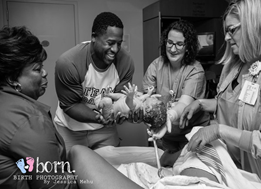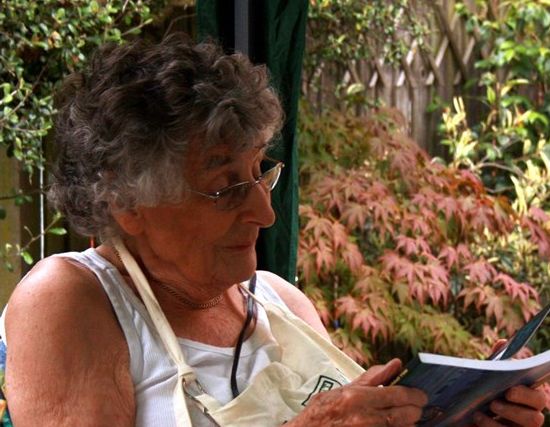 De Partu history of childbirth event
De Partu history of childbirth event
May 26th-27th 2017:
Call for papers
Non-members welcome

‘I desire that all midwives may gain a good repute, and have a happy successe in all their undertakings: and that their knowledge, charity, and patience, with tender compassion, may manifest their worths among their women, and give their women just cause to love, honour, and to esteem them.’
Percivall Willughby (1596-1685)
Willughby, P., & Blenkinsop, H. (1863). Observations in Midwifery, as also the Country Midwifes Opusculum or Vade Mecum … Edited from the original MS. by Henry Blenkinsop. Warwick: H. T. Cooke & Son, p. 12 (full text available online)
Since the creation of the modern prison system in the mid-nineteenth century, women have been imprisoned separately from their male criminal counterparts. While some historical attention has been afforded to the running of female-only prisons and how this differed from the regimes imposed in male prisons, I am seeking to question if gender distinctions impacted upon the provision of medical care within female prisons. I work as a Research Fellow on the ‘Prisoners, Medical Care and Entitlement to Health in England and Ireland’ project, which is funded by a Wellcome Trust Senior Investigator Award. Please see our website Exploring the History of Prisoner Health for more information.
A major part of my research focuses upon maternity care and childbirth provisions and practices in women’s prisons between the mid-nineteenth century and the present. The research examines the conditions in which pregnant women were incarcerated. It draws upon evidence showing that the medical examination of women upon entry into the prison was often very brief and perfunctory. In addition, it shows that, until they were at a very advanced stage of pregnancy, women were often subject to the normal prison routine, including being locked in solitary confinement for long periods. This was liable to cause psychological stress exacerbated by the limited availability of emergency attention. Furthermore, it examines the extent to which there were specialised maternity facilities in prison hospitals as well as specially trained staff on hand to offer medical assistance to pregnant women. Within this, it questions if there were provisions in place for midwifery visits and contact with health visitors, particularly after the turn of the twentieth century.
Something I would very much like to do is establish contact with people, particularly midwives, who have experience of, or a research interest in, maternity and childbirth in English or Irish women’s prisons. Whether people have years of experience or only a small amount of experience, any information or experiences that people would like to share would be greatly appreciated. The kind of things I would be particularly interested in include: the treatment of pregnant inmates, including provisions for them to attend antenatal classes and if, and how, things such as their diet and exercise were tailored, or not, to their pregnancy. Under what conditions are pregnant women incarcerated and at what stage in their pregnancy would they be moved to hospital? In addition, I would be interested in any information regarding the conditions and care offered to women and their infants in Mother Baby Units in prisons.
Please do get in touch if you would like further information about the project or the research. In the meantime, I would very much like to hear from anyone who has an interest in maternity and midwifery care in prisons. You can contact me at r.bennett.2@warwick.ac.uk or through De Partu.
Thank you and I look forward to hearing from, and hopefully meeting, some of you soon!
Rachel
It is with deep sadness that we announce the death of Dr Jean Donnison on January 27th, after a long period of declining health during which she bravely continued to work and publish. Jean will be known to many members for the significant contributions that she made to midwifery history, in particular her classic work Midwives and medical men: a history of the struggle for the control of childbirth, first published in 1977, which is still highly cited. Jean wrote a small feature for De Partu, The office of midwife – some historical background.
Readers are invited to add their own tributes to Jean via the comments function. They are also invited to make a donation in her memory to Maternity Worldwide via JustGiving. Maternity Worldwide is a charity saving lives in childbirth by training midwives, providing community maternal health promotion and improving access to health.
 |
 |